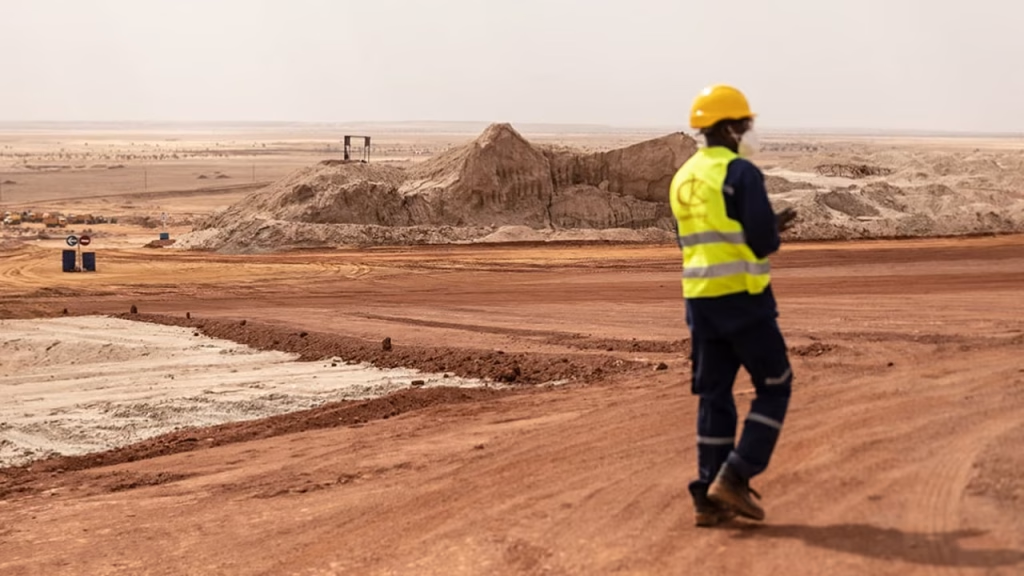Indian Prime Minister Narendra Modi is expected to conclude his African tour with a landmark visit to Namibia this week, underscoring India’s growing interest in securing critical minerals vital to its clean energy ambitions and technological development.
Namibia, the leading uranium producer in Africa and third globally, has emerged as a key partner in India’s strategy to diversify mineral imports. Modi’s stop in Windhoek follows his engagements in Ghana, where he sealed deals on rare earth mining, and precedes his participation in the BRICS summit in Brazil.
India is looking to tap into Namibia’s vast deposits of uranium, lithium, and rare earth elements—minerals essential to electric vehicles, renewable energy, and high-tech manufacturing. Bilateral discussions are set to focus on mining cooperation, long-term uranium supply agreements, and the establishment of direct trade in diamonds.
Currently, Namibia’s diamond exports pass through hubs like Antwerp and London before reaching Indian markets. New agreements may allow direct sales to India, a move that could significantly benefit India’s gem industry.
Trade between the two countries reached $814 million in 2023–24, with Indian firms investing nearly $800 million, mainly in Namibia’s mining sector.
During his visit, Modi will hold talks with President Netumbo Nandi-Ndaitwah and is scheduled to address Namibia’s Parliament. The leaders are also expected to finalize a fintech agreement enabling seamless digital payments between the two nations, as part of broader efforts to strengthen cooperation in technology and digital infrastructure.
India’s outreach to Namibia is part of a larger effort to build stronger partnerships across Africa in response to global competition for mineral resources. For Namibia, the visit offers a chance to attract further investment, bolster its role in global supply chains, and elevate ties with one of Asia’s largest economies.



